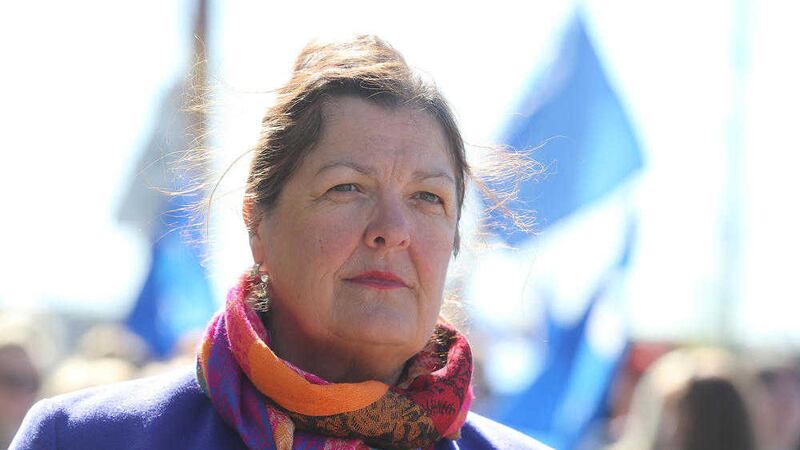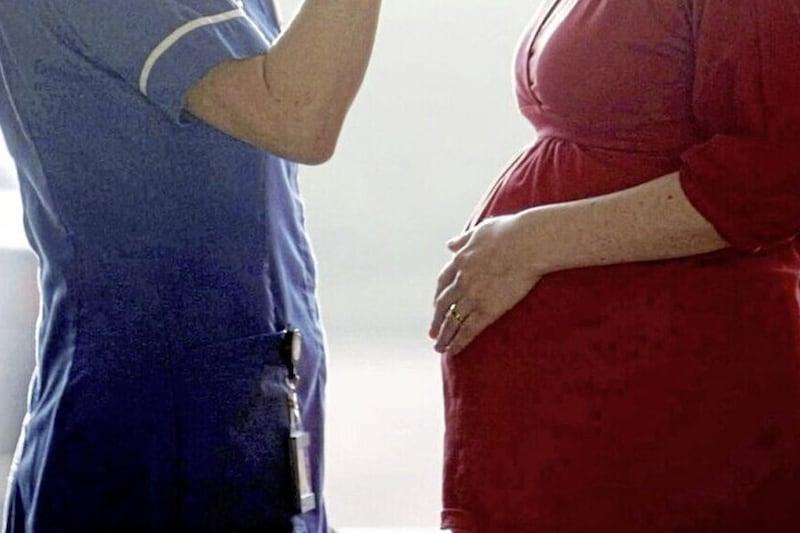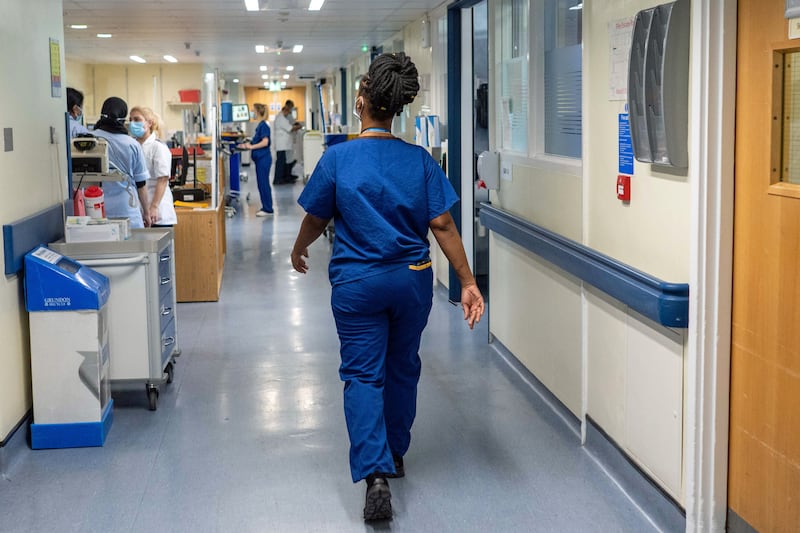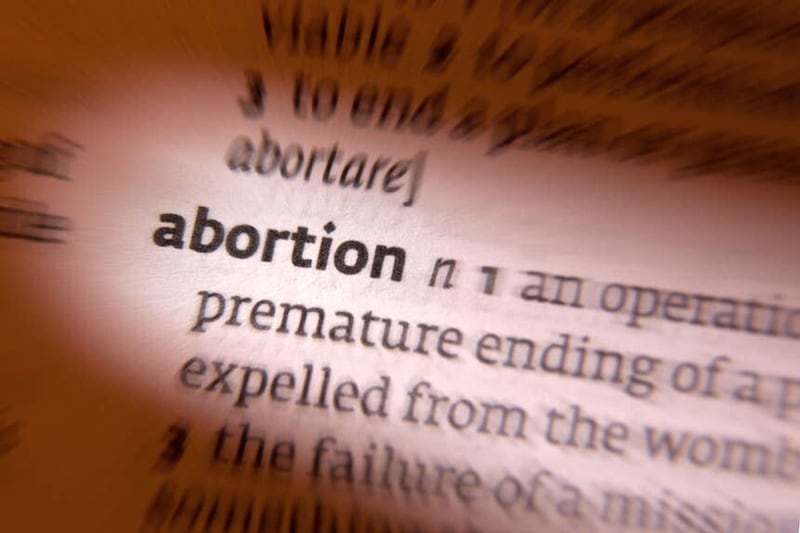"DON'T ask, don't tell" will be the policy applied by medics in Northern Ireland dealing with miscarriages brought on by women taking abortion pills, according to the Royal College of Midwives.
The Department of Health acknowledged that unless a woman tells a medical professional she has taken the pills, a doctor is "unlikely" to be able to tell if the miscarriage occurred naturally or with the drugs.
Breedagh Hughes of the midwifery union said it would inevitably lead to an "unsatisfactory" approach, requiring women to "lie by omission" in order to access necessary medical treatment.
"That's the crux of it, that they 'know' it to be unlawful," she said.
"The American army used to have this saying. 'Don't ask, don't tell'. I think that's exactly the same principle that's going to have to be adopted here. It's not very satisfactory.
"The alternative is stick your two fingers in your ears and sing very loudly.
"Take your fingers out of your ears and look at the women and say 'you are telling me you have been pregnant, you are no longer pregnant and are bleeding. How can I help you?'
"That's not satisfactory. Because any relationship between any health care professional and the people they are caring for is built on mutual trust, here you are requiring the woman to lie to you by omission.
"It's almost, 'don't tell me what you've done because you will put me in a position where I have to do something about it'," she told the Stephen Nolan show.
Ms Hughes said doctors would rather know as much information as possible from their patients, but under the current law and department guidelines this puts both in an "untenable position".
"The law is quite clear that you must report any crime which attaches to it more than five years of a prison sentence or you yourself face criminal proceedings," Ms Hughes said.
"It's like someone coming into casualty and they have been shot, you have to report that. It's in that sort of arena. But it's wider than just nurses and midwives working in hospitals.
"If you are a school nurse, for example, and somebody comes flying through the door saying: 'Nurse quick my friend is bleeding to death in the toilet, she bought these tablets on the internet.'
"That isn't even the woman herself giving that information, that's somebody else and once you know it you can't unknow it, it's a very difficult circle to square and the guidance doesn't help."
The Royal College of Midwives has urged women to seek medical help if they require it, no matter how they have found themselves in that position.
"The guidance talks about the need to provide professional care to the woman and that is obviously everyone's first priority and despite all risk of prosecution I appeal now to anyone woman or girl in need of attention, no matter what she's done, please go and seek that help from the most relevant person whether it's your GP or Emergency Department or maternity admissions unit," Ms Hughes said.
"Please go and get that help and if you can remember not to say anything when you get there that would be even more helpful."








